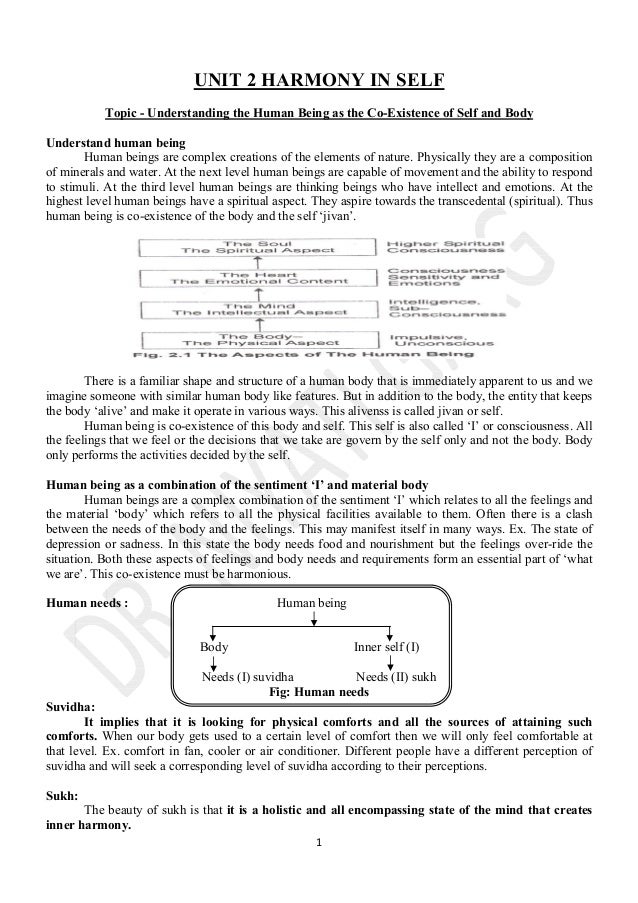I Used To Be A Human Being
Part of what it means to be human is how we became human. Over a long period of time, as early humans adapted to a changing world, they evolved certain characteristics that help define our species today. This section of our website focuses on several human characteristics that evolved over the past 6 million years. Sep 19, 2016 I Used to Be a Human Being An endless bombardment of news and gossip and images has rendered us manic information addicts. It might break you, too.
I Used To Be A Human Being Sparknotes

Hi Jeff, All these words and phrases are OK in proper context. As nouns, human(s) and human being(s) are virually interchangeable, with the former perhaps used more in contrast with the 'lower' animals while the latter may be used more in discussing our humanity. As an adjective, only 'human' will work, of course (as it is, I suppose, in 'human being', actually, even though we do not use the counter-term 'non-human being') So: 'we are human'- 'human' is a predicate adjective, a subject complement. 'we are humans'- 'humans' is a noun complement of the subject. 'we are human beings' - ditto. X 'we are human being' - bad grammar. Thank you Mr.
Micawber, it couldn't be clearer. But, as for my second question, I have to add some, ' Let's say in this context, 'Collagen supports the earflaps and the tip of the nose in humans'. After in, we have to use humans, instead of human, because we need plural form here, right?
But what about 'in humankind'? You know, humankind seems to represents all human beings (kinda like poetry vs. Poem, or machinery vs. I am sorry if I didn't make myself understood, but I did try to explain more clearly.
I Used To Be A Human Being Pdf
Hope you can understand. 'Collagen supports the earflaps and the tip of the nose in humans'. This above is correct. 'Human' is a countable noun, so to generalize you must use the plural form.
Human Being Magazine

Substituting 'humankind' would be grammatically correct but a stylistic mistake. Because it is a rather grandiose-sounding word, the semantic equivalent to 'mankind'. It would sound odd in a sentence that is making a specific point about the human body. The best pointer on English writing style, for both native and non-native speakers, is to use the simplest possible words that will fit into your sentence. If you do this, you will seldom go wrong. These words are sometimes used in certain set constructions, to the exclusion of all other words.
For example: 'He can't treat us this way. We're human beings, not dogs.'
('Humans' cannot be used here.) 'Don't ever call me again. A woman is a human being, not a robot you can program.' ('Human' cannot be used here.) 'About 20,000 years ago, humans first leaned how to use fire and domesticate animals.' ('Human beings' cannot be used here.) 'About 100,000 years ago, a species of hominid appeared on the African savannah.
It walked upright and used tools. These were the first humans, our nearest ancestors.' ('Human beings' cannot be used here.) 'In 1969 the Apollo astronauts walked on the moon.
This was the first time humans had set foot on another world.' ('Human beings' cannot be used here.).